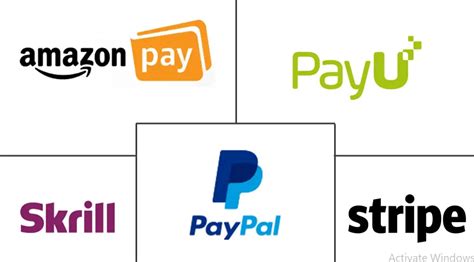“Cryptocurrency Payments: How Cryptocurrency changes the face of global commerce”
The financial world has been very transformed in recent years, and one of the most significant players emerging from this revolution is cryptocurrency. As the value of digital currencies continues to increase, they are becoming more and more popular as an alternative to traditional payment methods. In this article, we will investigate how the cryptocurrency changes the face of global commerce, especially focusing on its connection with payment locks and market correlation.
What is cryptocurrency?

Cryptocurrency is a digital or virtual currency that uses cryptography for security and is decentralized, which means that they do not control any government or financial institution. The most famous form of cryptocurrency is Bitcoin, which was created in 2009. As an open source software project led by an individual or group using a pseudonym Satoshi Nakamoto.
How does cryptocurrency act on payment locks
Payment locks are the main components of e -commerce platforms and online companies that allow them to safely and efficiently process operations. However, the cryptocurrency has introduced a new level of payment for the complexity of payment, as it requires traders to have their digital currency wallets and support several cryptocurrencies. This can be a significant challenge for some companies, especially those with limited resources or technical experience.
To mitigate this risks, many payment providers offer solutions that allow merchants to safely protect and manage their cryptocurrency funds safely. For example, Stripe has integrated their cryptocurrency wallet service to keep the merchants’ Bitcoin and other cryptocurrencies on the platform. This allows them to accept digital payments without worrying about their cash management.
Market correlation
Cryptocurrency prices are very much related to traditional financial markets such as stocks and goods. This means that when the value of a particular cryptocurrency increases, it tends to follow a similar trajectory in other asset classes. However, there are also cases where cryptocurrency prices are very different from traditional markets.
For example, during 2017 Bitcoin Bubble Burst has fallen by more than 50%over a few weeks by destroying millions of dollars in investment losses. This event emphasized the volatility and unpredictability of cryptocurrency markets.
CORRECTION OF THE PAYMENT SLUCE market
The connection between cryptocurrency and payment locks is not as simple as it may seem. Although some payment locks are taking steps to support digital currencies, others are behind.
For example, PayPal, one of the biggest online payment services, announced plans to add Bitcoin support in 2023, but some traders agreed with skepticism. Conversely, some payment locks, such as Square and Stripe, have made great progress in maintaining cryptocurrency payments using methods such as toxicization and storage services.
Conclusion
Cryptocurrency rug changes the way of business activities around the world, especially when it comes to digital payments. Although there are challenges related to the integration of cryptocurrency into existing systems, many payment slut providers take measures to support digital currencies. As the markets continue to develop, we can expect more innovative solutions to allow merchants from making cryptocurrencies without significant technical knowledge.
However, cryptocurrency and market correlation ratio remains complex, so it is very important for business to carefully consider their capabilities before accepting digital currencies as a payment method.

